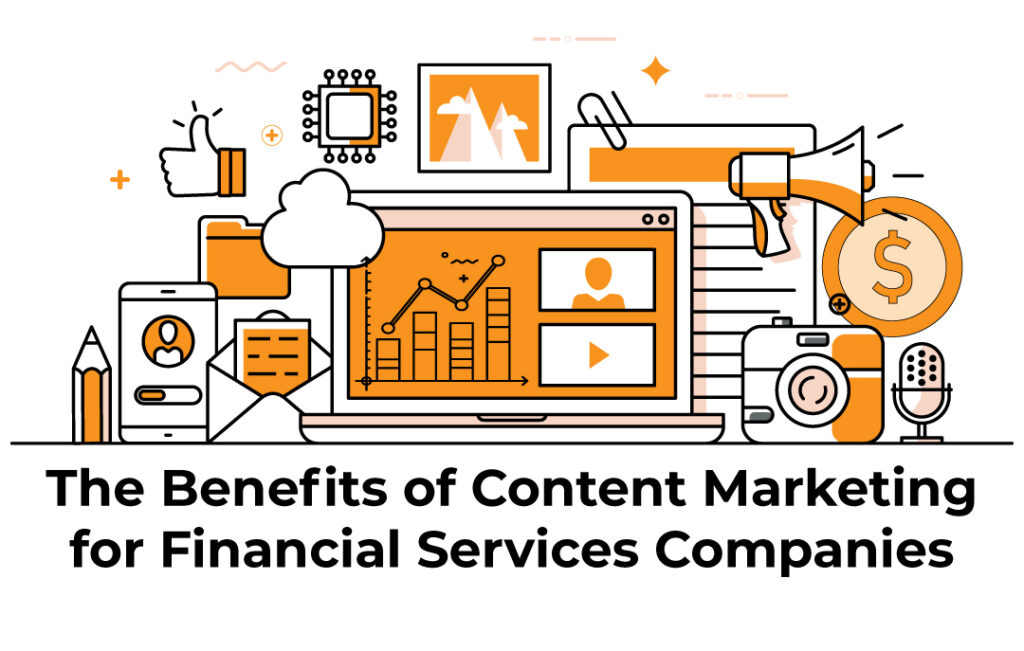We all love cookies – marketers especially. However, it’s not the type of cookie you’d expect. Cookies are files stored on your computer. They are designed to hold a small amount of data about a particular client or website. When you visit pages, you’ll likely receive a message asking if you will accept cookies when you land on a page. They are helpful to marketers because they monitor users and store certain information about them.
This information isn’t as scary as you might think. Cookies store basic data such as login information or what’s in your shopping cart. For the most part, they are harmless and your information is kept secure. Ultimately, the information that they collect proves to be incredibly helpful for marketers. If you accept cookies on a site, marketers can get to know you on a better scale. The more they know about you, the better they can meet your needs.
Recently, Google announced that it is making efforts to phase out third-party cookies on Chrome browsers by 2022. This announcement goes hand-in-hand with the movement of others to replace third-party cookies with alternative user-level identifiers. Ad tech players working on ways to maintain personalization while balancing privacy without using cookies. There are ways to do so, but what’s so wrong with cookies?
What’s Wrong with Cookies?
The most important thing to understand is why cookies are dying off. People who care about their privacy do not like to be tracked. As a result, Google is searching for a way to come up with a more private alternative that both users and advertisers will be satisfied with. Cookies track information and users want to know their information is safe and secure. That is why Google announced the ban and began its search for alternatives.
Why Marketers Love Cookies
Marketers use cookies to deliver several types of targeted digital marketing. Cookies store things such as user data and behavior information. Advertising services can use this data to target a specific audience. These specifics can be things such as age, gender, location and interests. Even more so, this data can help marketers understand specific behaviors. These behaviors include user behavior on sites, search engines and social media.
As you can see, this data is useful for the modern marketer. As a marketer, the goal is to connect with a specified target audience on a deeper level. The data cookies collect can help marketers do just that. However, with a new digital age comes new responsibilities to protect users’ data. They put users’ data and privacy at risk. This is why the use of them is fading out of existence.
What Happens Now?
Since Google is phasing out cookies, marketers need to find new and improved ways to gather user data. Without user data, marketers won’t have jobs. There’s nothing to fear because new solutions are already being prepared. With these solutions will come a compromise between user privacy and data collection for businesses to use. A new age of marketing is on the horizon.
What is going to replace cookies? The answer is first-party data. For reference, cookies are a form of third-party data. First-party data is collected directly from a business’ audience. For privacy reasons, this is a much better option for businesses. By using first-party data, businesses know the origin of the data, can control the relevance and can ensure it provides quality information for marketers. First-party data can be generated from apps or websites, or by social platforms, email marketing and customer relationship management systems.
Moving Forward Without Cookies
While third-party cookies proved to be helpful for marketers, it’s time to adjust to meet users’ privacy demands. Switching to first-party data will be a significant change, but can prove to be more practical long-term. It may take a bit of planning, but there is still time before they are completely wiped out. Develop an ideal target audience of users you want to get to know. The data collected by you will be the most relevant to your business. The most important thing is to avoid collecting information you don’t need at the moment.
Losing third-party cookies will be a major adjustment for marketers. While it seems daunting, it’s a step in the right direction for users to feel more protected. Be patient and start planning new strategies to collect user data without a third-party source. You will have all the control and can use your data to build long-lasting relationships with customers. This may be the end of cookies, but it could be a start to something much greater for marketers worldwide.
For more information, visit Burkhart’s website to learn more about digital marketing and the services Burkhart can provide you.






